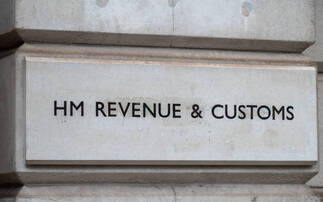At first glance the pre-Budget report appeared to pose a major threat to SIPPs with the introduction of reduced tax incentives on personal pension contributions for those earning more than £150,000
SIPPs, which have tended to be the pension savings vehicle of choice for higher earners, looked set to be disproportionately affected by these changes.
As a result of the new regulations, tax relief on pensions will be gradually reduced, until, at an income of £180,000 or more, investments into pensions will only attract tax relief at 20 per cent. This means that high-earning clients may now be paying 40 or 50 per cent tax on their income at retirement, but could be receiving just 20 per tax relief on contributions.
An additional threat to the popularity of SIPPS is if the Government decides to further reduce the £150,000 cap in future Budgets, as it is conceivable that the 40 per cent tax band will also be raised, which will leave higher earners with less disposable income to save for retirement.
However, while it is possible that there will be a modest drop in contributions after April 2011, this is unlikely to be significant unless the cap is reduced. The overall popularity of SIPPs among higher earners will continue as they seek to take greater control of their income in retirement, particularly in light of the financial instability caused by the economic downturn.
Indeed, advisers are reporting that their clients are becoming much more discerning and cost-conscious as competition in the market increases. Clients recognise that the average return on cash held in SIPPs is often uncompetitive and so are increasingly asking their advisers for ways to generate better returns on these funds.
It is essential that those investing for their retirement ensure that their asset allocation is aligned to their personal requirements and that the cash element provides financial security as well as working as hard as possible. Cash typically accounts for around a fifth of a client's pension fund so it is important that they and their advisers ensure that it is deposited in a savings account that pays a consistently competitive rate of interest.
Our analysis reveals that, in September 2009, the average return on cash balances of £100,000 held in SIPPs was 0.19 per cent gross AER, while just ten accounts were paying interest of 0.5 per cent or more.
While there has been a slowdown in the proliferation of new SIPP offerings, it continues to be a growing and highly competitive market. As a result, charges are decreasing, which is set to continue to fuel demand for SIPPs.












